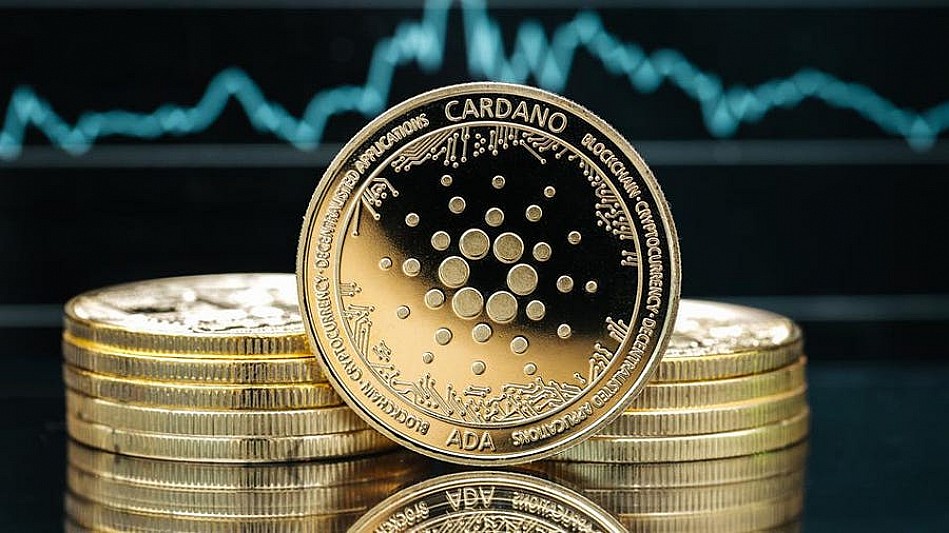What to Expect After Cardano’s New Upgrade
31.01.2025 17:30 1 min. read Alexander Zdravkov
Cardano has taken a major step toward decentralization with the activation of the Plomin hard fork.
This update shifts governance power from its founding entities—Cardano Foundation, Input Output (IO), and Emurgo—to Delegate Representatives (dReps), who will now vote on behalf of ADA holders.
The transition gives the community greater influence over the network’s future.
Cardano aims to support billions of users by 2030 while maintaining decentralization and security. To improve scalability, it is integrating Hydra state channels, rollups, Ouroboros Leios, Mithril certificates, and infrastructure upgrades. These advancements will allow for higher transaction volumes and greater efficiency.
For blockchain adoption to grow, accessibility and regulatory alignment are key. Cardano is prioritizing identity verification, privacy tools, and compliance features to ensure a user-friendly and secure ecosystem. With these developments, it positions itself as a leading blockchain for mainstream and institutional adoption.
-
1
Canton Network Developer Secures $135M to Expand Institutional Blockchain Use
25.06.2025 12:00 1 min. read -
2
Coinbase Brings Cardano and Litecoin to DeFi via New Wrapped Tokens on Base
26.06.2025 18:00 1 min. read -
3
XRP Ledger Sees Sharp Drop in Activity as Key Network Metrics Tumble
26.06.2025 19:00 1 min. read -
4
Top 10 DeFi Projects by Development This Month
28.06.2025 20:00 1 min. read -
5
XRP Ledger Deploys EVM-Compatible Sidechain to Expand Multichain Utility
30.06.2025 21:00 2 min. read
Top 10 blockchains by transaction volume in June 2025
New data highlights a dramatic lead for Solana in blockchain activity for June 2025. According to the figures, Solana processed a staggering 2.98 billion transactions, far outpacing all other chains in the ecosystem.
Top 10 AI and Big Data Crypto Projects by Development Activity
According to new insights from market intelligence platform Santiment, development activity in the crypto sector’s AI and Big Data segment remains strong, with several major projects showing notable GitHub activity over the past 30 days.
XRP Ledger Deploys EVM-Compatible Sidechain to Expand Multichain Utility
The XRP Ledger (XRPL) has officially launched its Ethereum Virtual Machine (EVM) sidechain on mainnet — marking a major milestone in its effort to bridge XRP’s payment efficiency with Ethereum’s smart contract capabilities.
What the U.S. Blockchain Act Means for Crypto’s Future
The U.S. House of Representatives has taken a major step toward digital asset regulation by passing the Deploying American Blockchains Act of 2025.
-
1
Canton Network Developer Secures $135M to Expand Institutional Blockchain Use
25.06.2025 12:00 1 min. read -
2
Coinbase Brings Cardano and Litecoin to DeFi via New Wrapped Tokens on Base
26.06.2025 18:00 1 min. read -
3
XRP Ledger Sees Sharp Drop in Activity as Key Network Metrics Tumble
26.06.2025 19:00 1 min. read -
4
Top 10 DeFi Projects by Development This Month
28.06.2025 20:00 1 min. read -
5
XRP Ledger Deploys EVM-Compatible Sidechain to Expand Multichain Utility
30.06.2025 21:00 2 min. read


